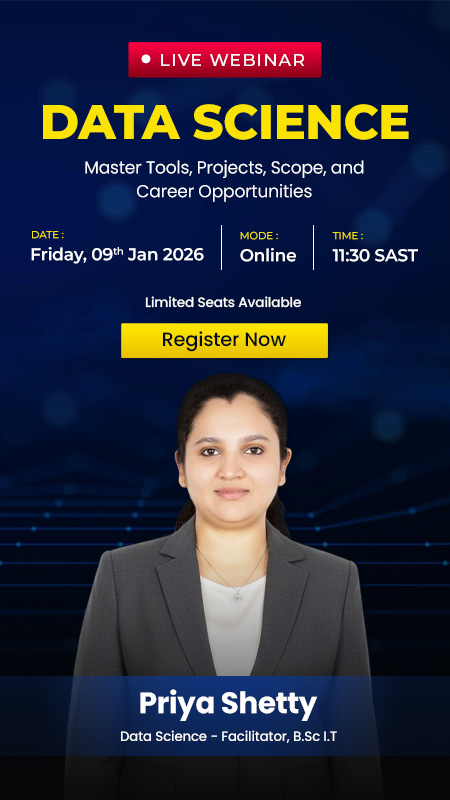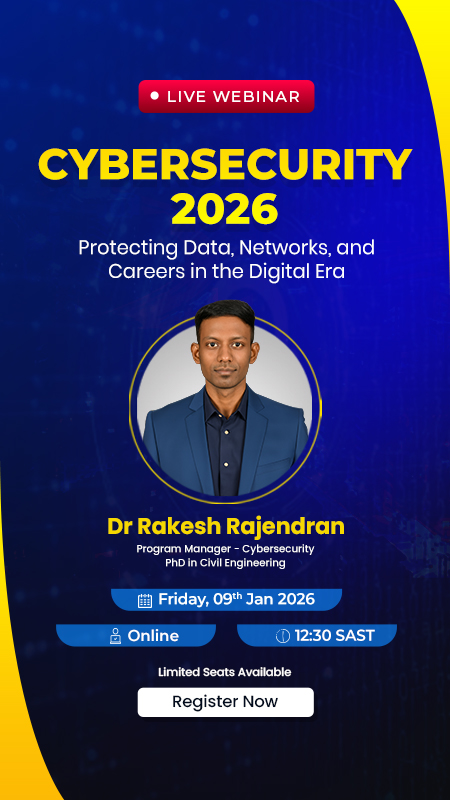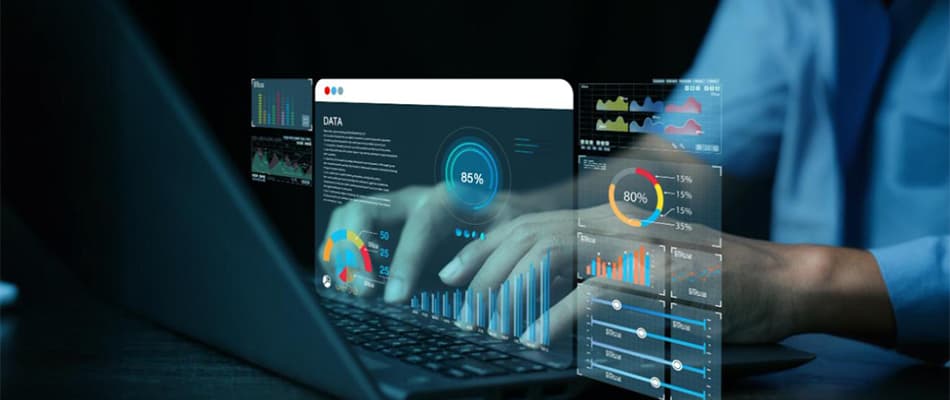Can I Self Study Data Science?
A hot job market, attractive salary packages, and promising career opportunities make data science an alluring domain. But what if you don’t have the time and money to sign up for a university degree in data science?
Can I self-study data science?
Yes. You can teach yourself data science. But before you start, you must be clear about what interests you, what you must know, what you expect to learn and what you are prepared to sacrifice to reach your goals.
In this article, let us explore how to self-study data science.
Is Data Science Hard to Learn?
The answer is yes – and no.
Yes, data science is hard to learn because it requires broad skills and knowledge: data science is a multidisciplinary field that combines analytics, computer programming, maths, statistics, business knowledge, and other disciplines.
And no, because if you choose appropriate learning methods and material, data science, as a subject, is easy to learn. It helps if you are passionate about the subject because it is a big task, and no one is rooting for you on the sidelines.
Self-study is the most affordable way to become a data scientist, but it can be challenging if you don’t take a systematic approach. Your biggest challenge will likely be staying motivated and on track – but more about that later.

Where to Start
Set your curriculum and your timetable.
- As an autodidact (one who teaches oneself), start by designing your curriculum and learning schedule.
- Ensure you have sufficient time to improve your statistics, programming, SQL, data visualisation, and mathematics skills.
Pick your knowledge sources.
- YouTube has lots of data science tutorials, lectures for beginners, and videos that will help you grasp essential maths and programming skills. Examine the learning material available on YouTube and the data science online course, and work out what you need to cover all the fundamentals and the theoretical concepts of data, data science processes, and other advanced topics.
- Textbooks are excellent for detailed explanations and provide more advanced, in-depth knowledge than you will find in any online data science course, especially if you are looking for introductions to data science, machine learning, and code like Python.
Select a programming language.
- The initial phase in any data science course is learning a programming language. Python, R and Java are among the top programming languages for data science.
- Python is a favourite for its flexible, open-source language. Its massive libraries are used to manipulate data and are easy to learn, even for beginners. If you are new to programming, start with Python. It’s widely used.
- Numerical Python (NumPy) is a linear algebra library in Python. It is an essential library for almost every data science or machine learning activity, so devote sufficient time to mastering it.
Build a strong foundation in maths and statistics.
- Maths is foundational to data science, delivering a solid theoretical foundation.
- Statistics and probability are also essential. If you’re a beginner with statistics and probability, start with basic concepts like correlations, conditional probabilities, variance, and Bayes theorem.
Tackle analytical methodology.
- You must understand every data analysis method and, more importantly, which to use in specific situations.
- Start with techniques commonly used in the industry, such as cluster analysis, cohort analysis, and time series analysis.
Familiarise yourself with databases.
- You must understand how to work with databases to retrieve the data you’re working with and to store it after processing.
- Structured Query Language (SQL) is one of the popular database query languages. It permits storing new data, modifying records, and creating tables and views.
- Once you grip it, familiarise yourself with big data tools like Hadoop, which have extensions that allow you to make queries using SQL.
Take a project-based approach.
- Project-based learning helps explore data science’s building blocks. A typical data science project follows a life cycle, starting with defining project objectives and then going on to data processing, exploratory data analysis, feature engineering, model implementation and model evaluation. Each phase requires different skill sets, mainly statistics, programming, SQL, data visualisation, mathematics and business knowledge.
- Set up projects for yourself so you can apply what you are learning. Completing them will give you a real sense of achievement! As you get better at analysis, consider volunteering your new skills to small local businesses or clubs and carrying out projects for them. While you get to practise your skills, you will also build a portfolio to launch yourself into the job market as a data scientist.
Staying motivated
- Give some thought to how you will keep yourself motivated and on track. It’s relatively easy if you are learning with others, as they’ll keep reminding you of assignment submission dates.
- When you learn alone, you have only yourself to answer to, so find ways to reward yourself when you reach each goal you set.
- Humble-bragging about your achievements on social media will draw external rewards as friends and colleagues give you the cyber equivalent of a pat on the back. A date with yourself to do something you sacrificed while studying is likely to be even more rewarding!

Conclusion
Whether one can embark on a self-study journey resonates with the spirit of empowerment and individual initiative in the vast expanse of data science. As we conclude this exploration, it becomes evident that data science is not confined to the walls of traditional classrooms or formal degrees. The self-study of data science emerges as a formidable pathway, offering a gateway for passionate learners to chart their course through the intricacies of algorithms, programming languages, and statistical methodologies.
So yes, if you choose appropriate learning methods and material, data science is easy to learn, independent of a degree or traditional career pathway.
Still, trying to figure out how to do this alone? You’ll find details about Digital Regenesys’ data science online course here.
FAQs
Can I teach myself data science without a formal degree?
Yes, many individuals successfully teach themselves data science without a formal degree. The field values skills and practical knowledge, and numerous online resources are available for self-learning.
What are the essential skills needed for self-studying data science?
Essential skills for self-studying data science include programming (e.g., Python or R), statistical knowledge, data manipulation, machine learning concepts, and working with data visualisation tools.
How do I start self-studying data science as a beginner?
Learn programming languages like Python or R, understand basic statistics, and explore introductory data science concepts. Online platforms and courses can provide structured learning paths for beginners.
Are there free resources for self-studying data science?
Yes, there are many free resources available, including online courses, tutorials, and open-source tools. Libraries like Scikit-learn and TensorFlow are also free and widely used.
Can I build a portfolio through self-study in data science?
Absolutely. Self-learners can build a portfolio by working on projects that showcase their skills. Real-world projects demonstrate practical application and serve as valuable assets when seeking employment or freelance opportunities.













